Whether you're a seasoned athlete, weekend warrior, or just beginning your fitness journey, one truth remains constant—sports health and nutrition is the cornerstone of performance, recovery, and longevity in training. It’s not just about what you eat; it’s about how your body uses nutrients to power movement, sharpen focus, and heal itself after every workout.
Why Sports and Fitness Nutrition Matters
Think of your body as a high-performance machine. Without the right fuel, even the most advanced engine underperforms. Fitness sports nutrition provides the body with the energy to train harder, the building blocks to grow stronger, and the resources to recover faster.
Proper sports and fitness nutrition supports:
-
Energy production: Carbohydrates and fats are your body's primary fuel sources. Eating the right mix at the right time helps optimize training output.
-
Muscle growth and repair: Protein intake is critical to prevent breakdown and encourage growth, especially after intense strength or endurance sessions.
-
Hydration and electrolyte balance: Staying hydrated helps regulate temperature, muscle function, and nerve communication.
-
Immune support: Athletes with proper nutrition get sick less often, even under heavy training loads.
Finding the Best Sports Nutrition for Your Goals
There’s no one-size-fits-all solution in the world of best sports nutrition. A powerlifter’s diet will differ vastly from a marathon runner’s, and a high school soccer player won’t need the same regimen as a CrossFit competitor. But here are universal principles to build on:
-
Timing is crucial: A pre-workout meal rich in complex carbs and moderate protein can boost energy. Post-workout, fast-digesting carbs and a high-quality protein source aid recovery.
-
Quality matters: Whole foods outperform processed snacks in nutrient density and digestion. Lean meats, eggs, legumes, whole grains, fruits, and vegetables should form your base.
-
Supplement wisely: Creatine, whey protein, electrolytes, and omega-3s are some of the most studied and effective additions—if used to supplement, not replace, a solid diet.
My Journey with Sports Health & Nutrition
When I first got into competitive fitness, I made every rookie mistake—skipping meals, chugging sugary energy drinks, and wondering why I felt drained halfway through my sessions. But after working with a sports dietitian and learning to listen to my body, things changed.
I started meal prepping with purpose—balancing macros, timing my carb intake around training, and keeping a log of how I felt after meals. Within weeks, my recovery improved. I wasn’t just pushing harder in the gym—I was sleeping better, thinking clearer, and bouncing back faster. Nutrition stopped being a chore and became a performance tool.
Creating a Sustainable Sports Nutrition Routine
Sports health and nutrition isn’t just for athletes at the elite level. It’s for anyone who wants to get the most out of their body and mind. Here are a few habits that can make a big difference:
-
Start your day with balanced fuel: Include protein, complex carbs, and healthy fats.
-
Plan ahead: Have go-to meals and snacks ready before and after your workouts.
-
Stay consistent: One perfect meal won’t do much—daily habits matter more.
-
Listen to your body: Hunger cues, energy dips, and recovery speed all offer clues about what’s working (and what’s not).
Final Thoughts
When it comes to achieving your full potential in sports or fitness, sports and fitness nutrition isn’t a bonus—it’s a necessity. Whether you’re training for competition, trying to lose weight, or simply aiming to feel stronger and healthier, investing in the right nutritional foundation will pay off in every rep, run, or ride.
Your body is always talking to you. Fuel it right, and it will thank you with performance you didn’t know you were capable of.


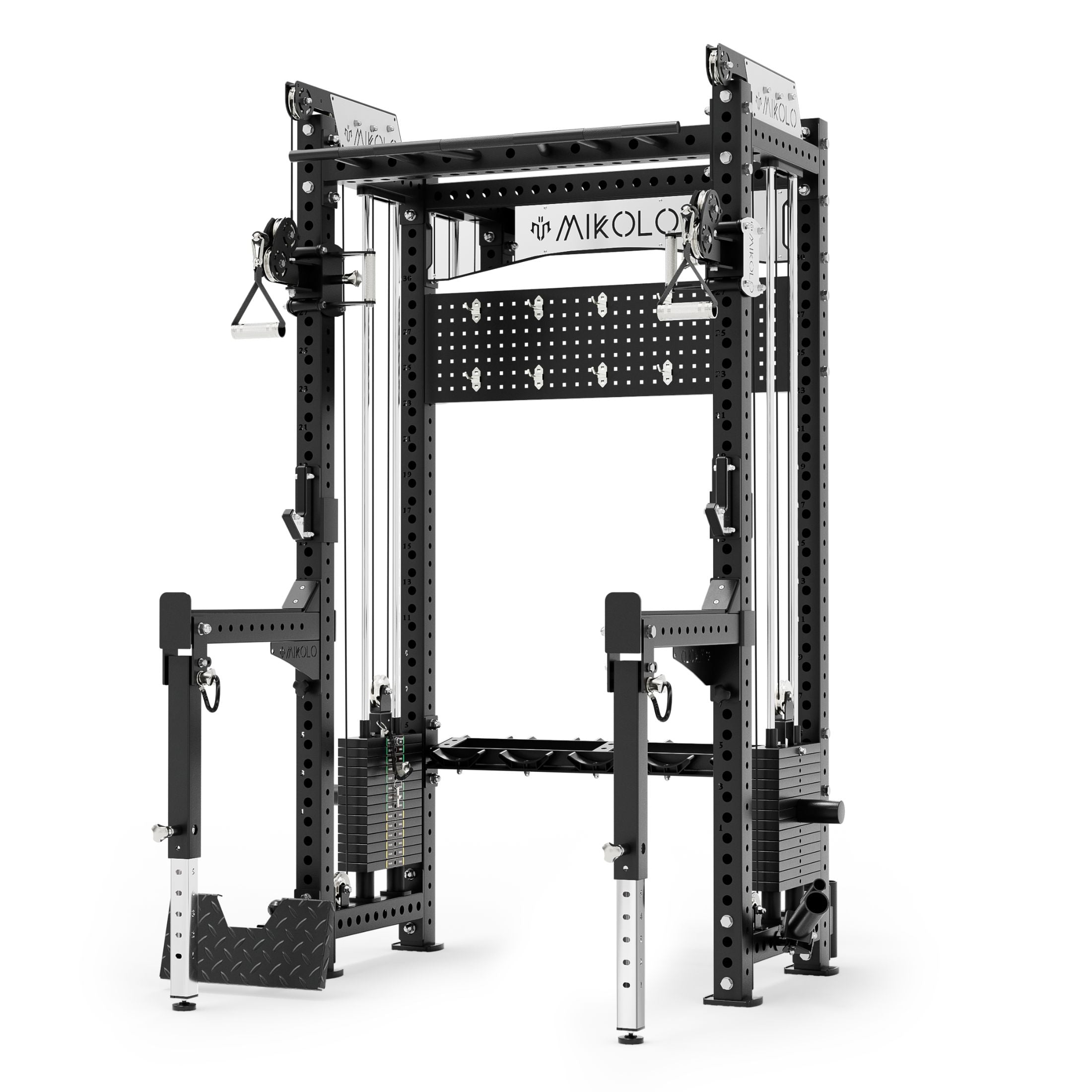
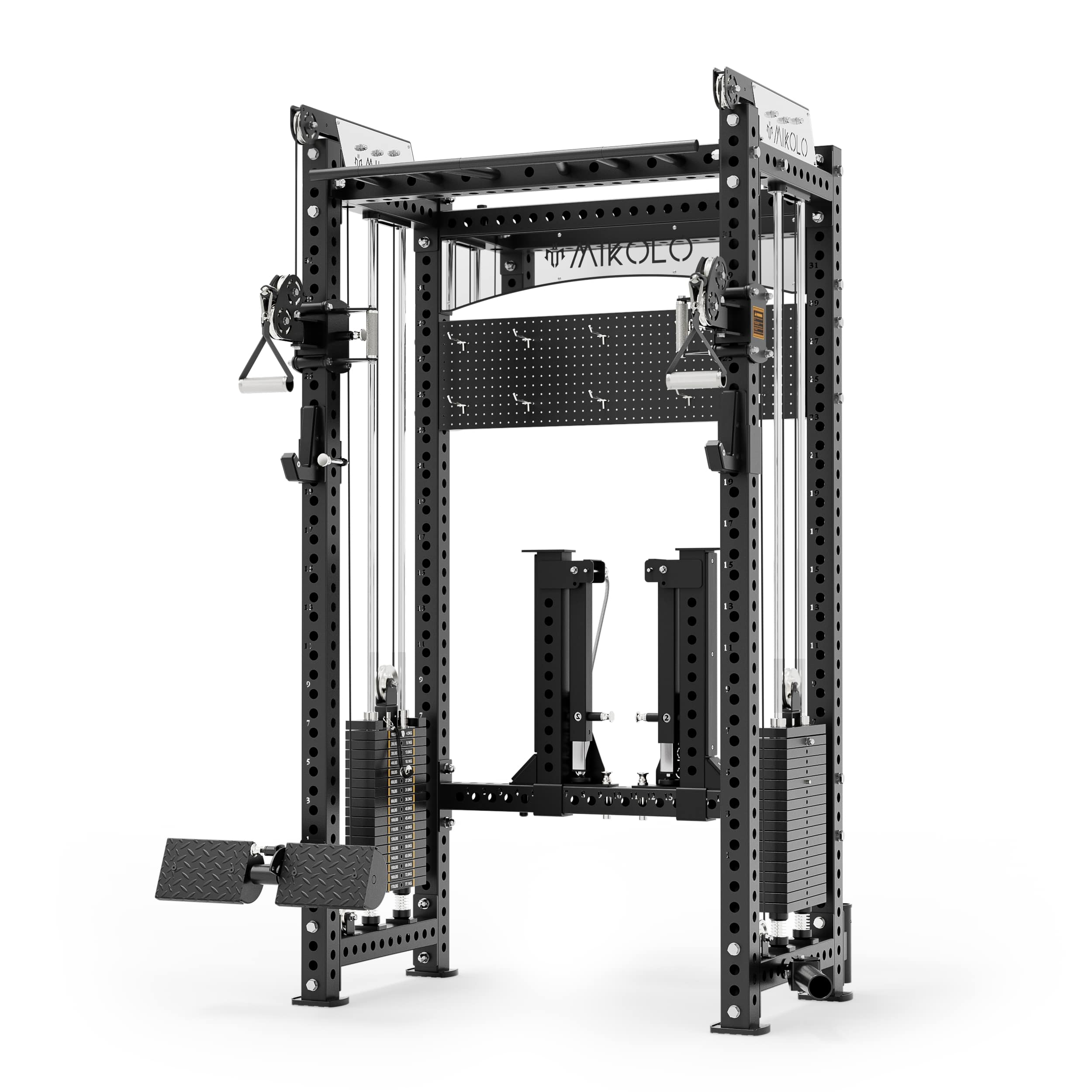
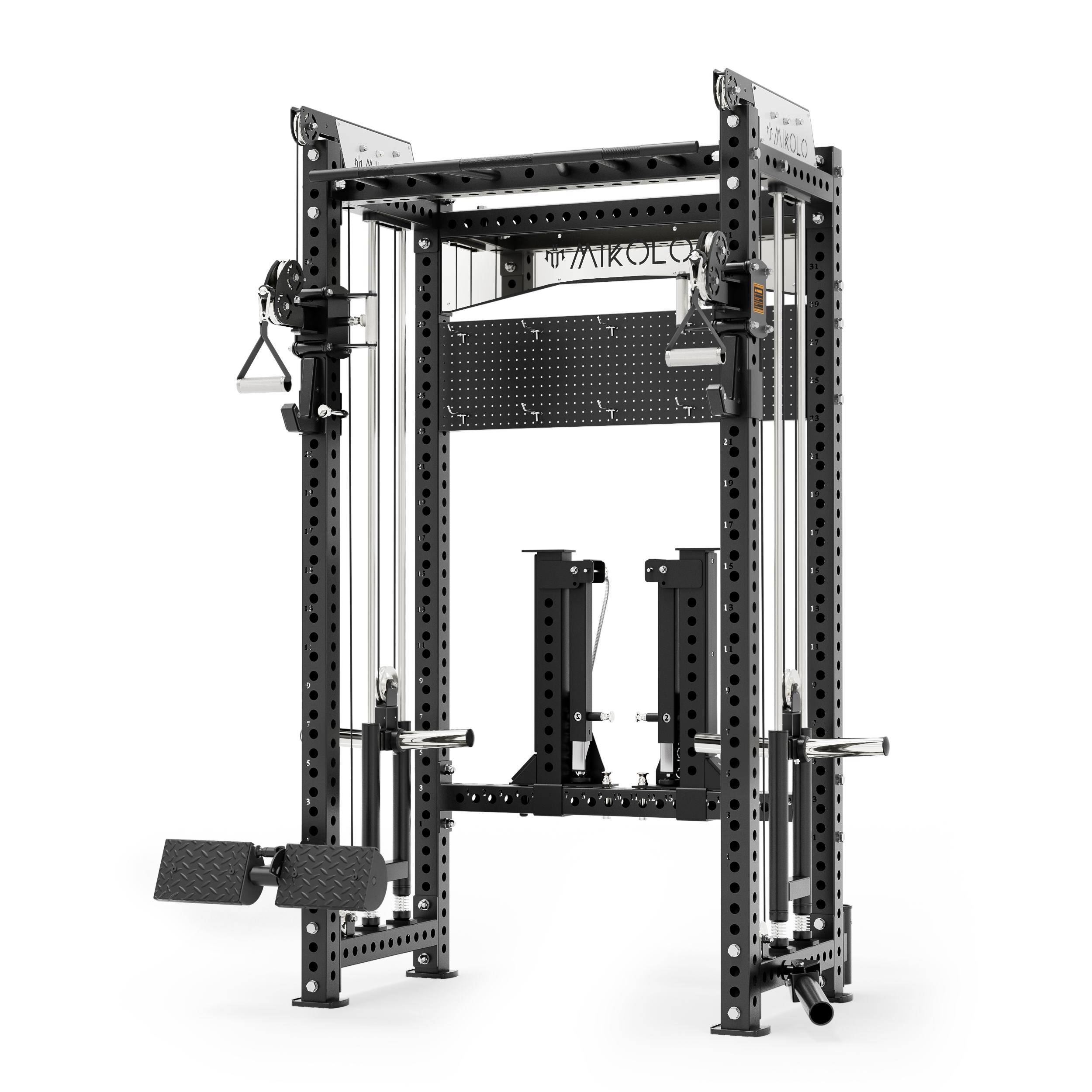


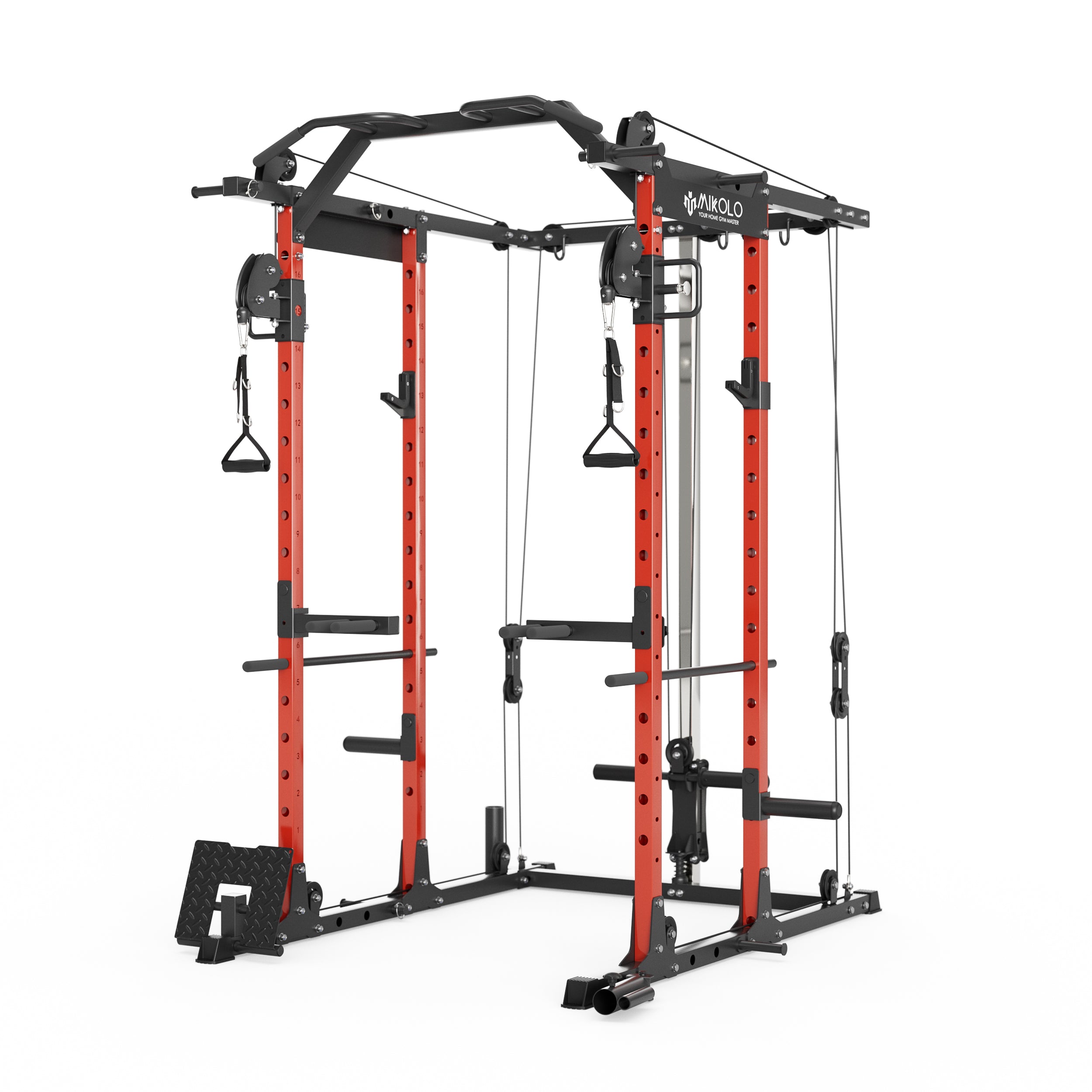
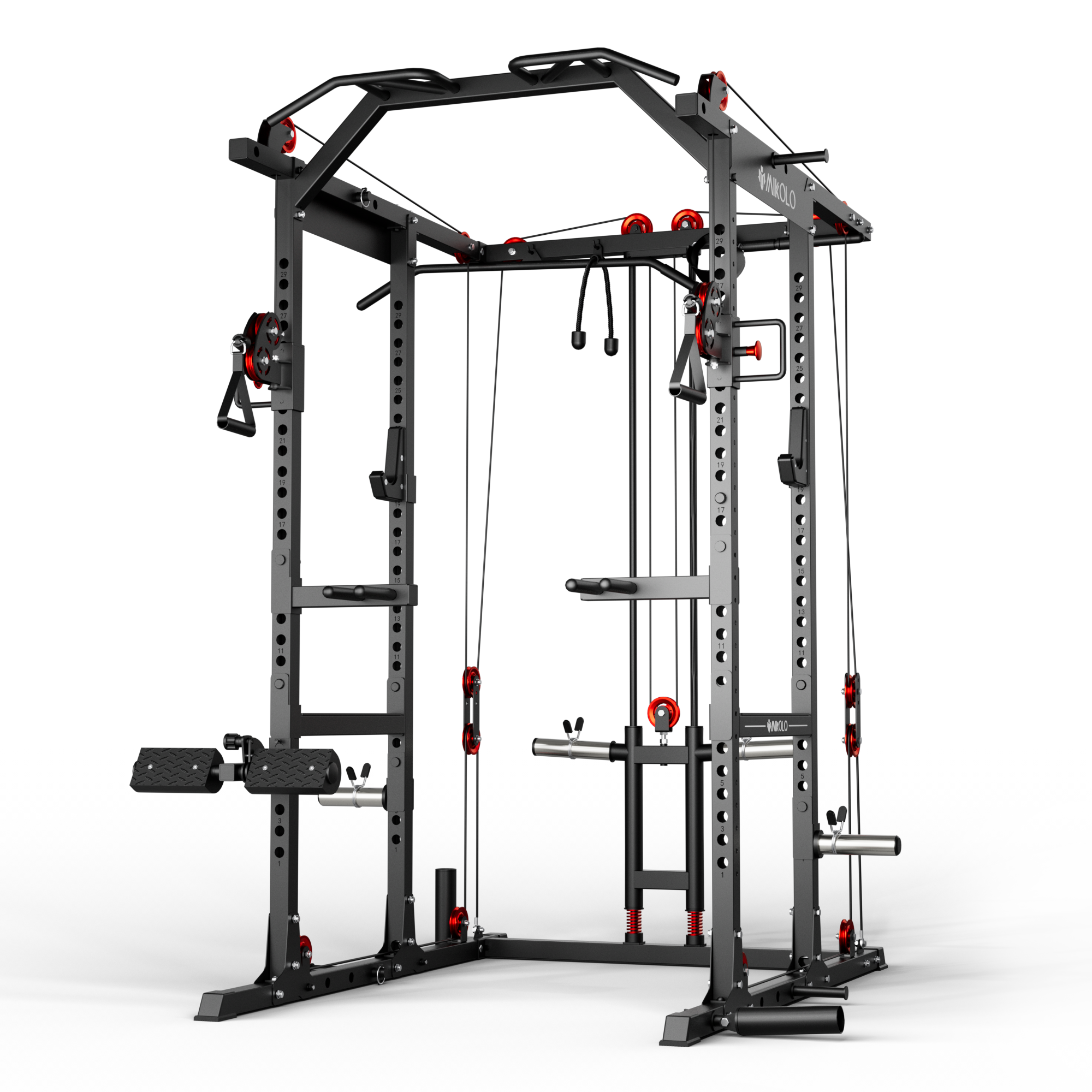

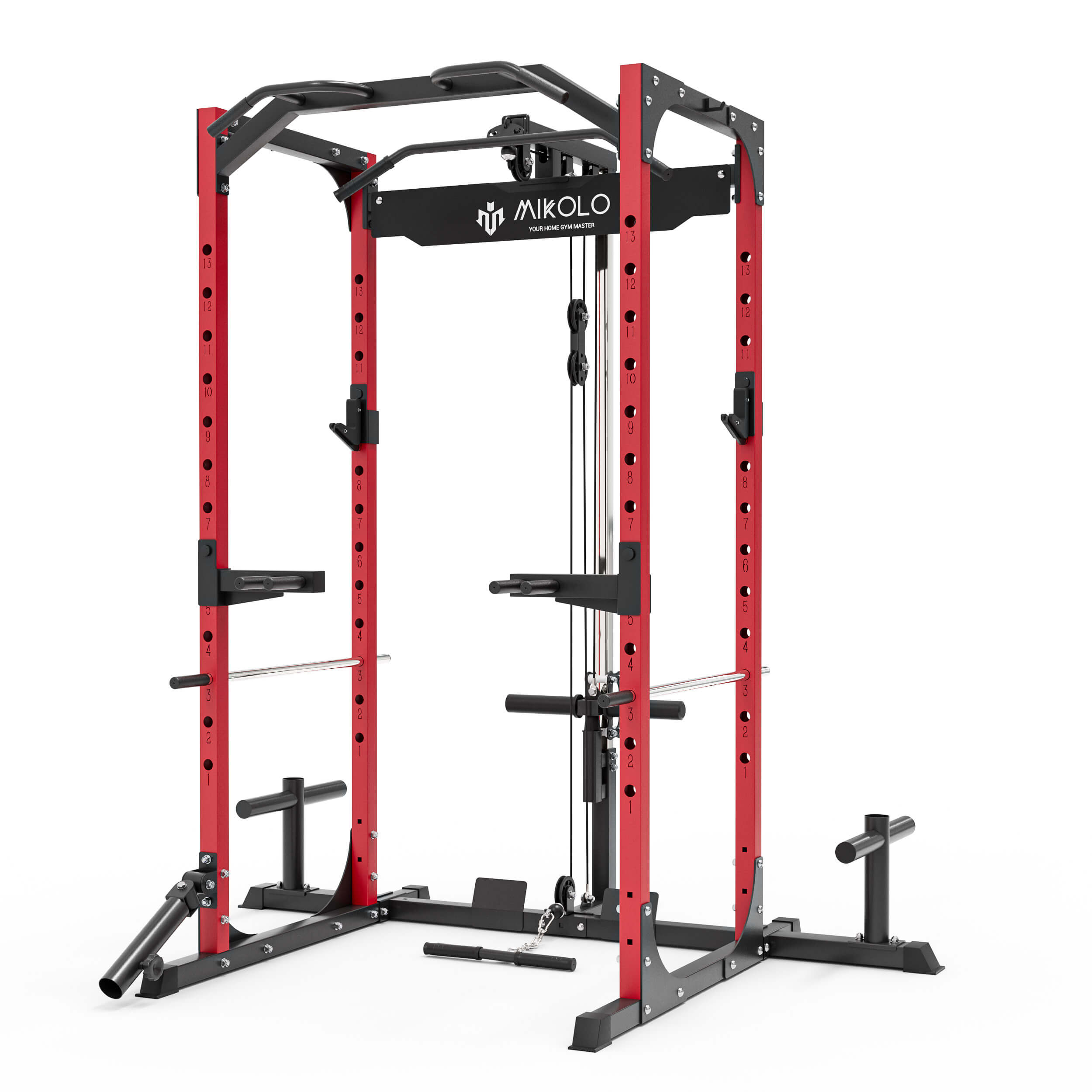

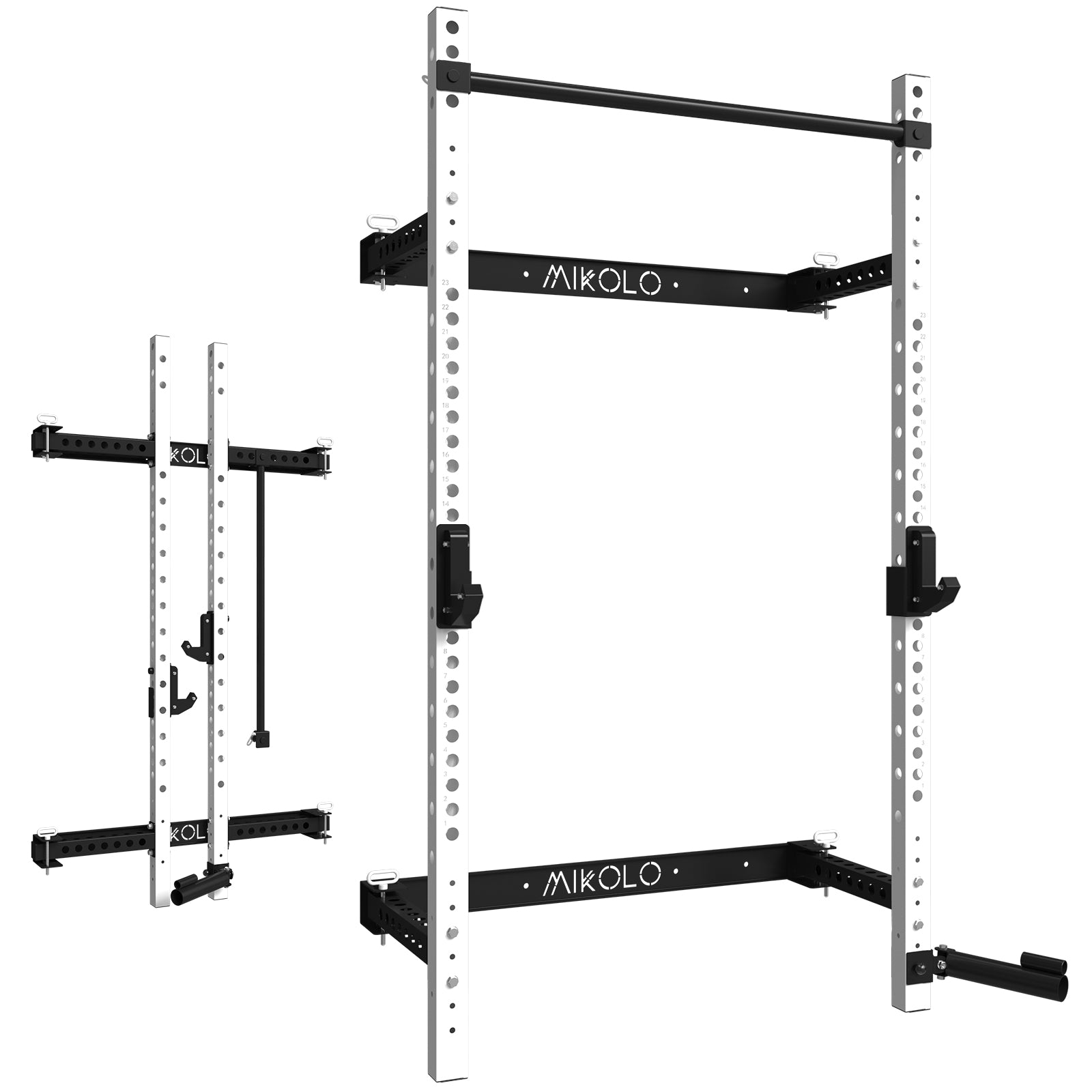

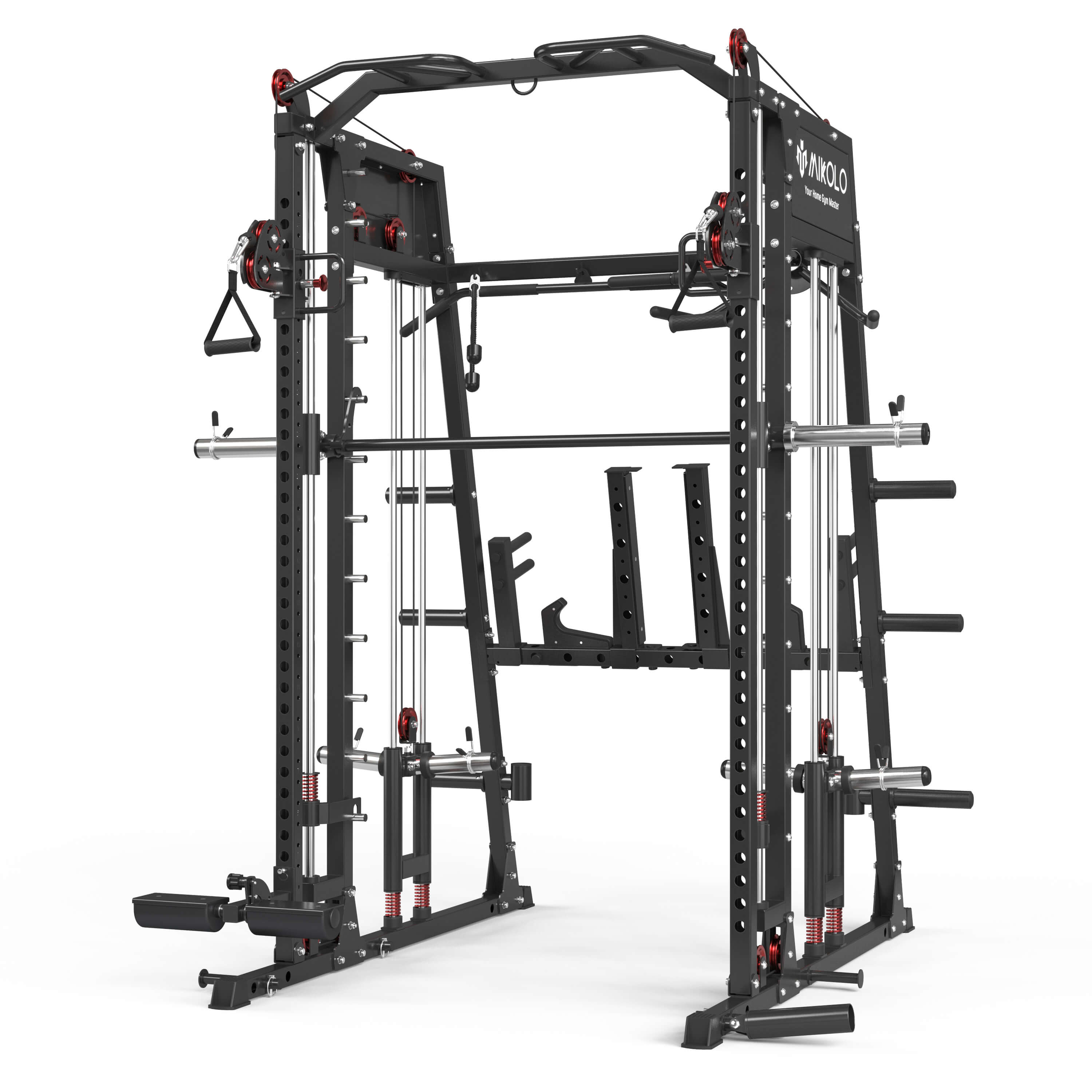
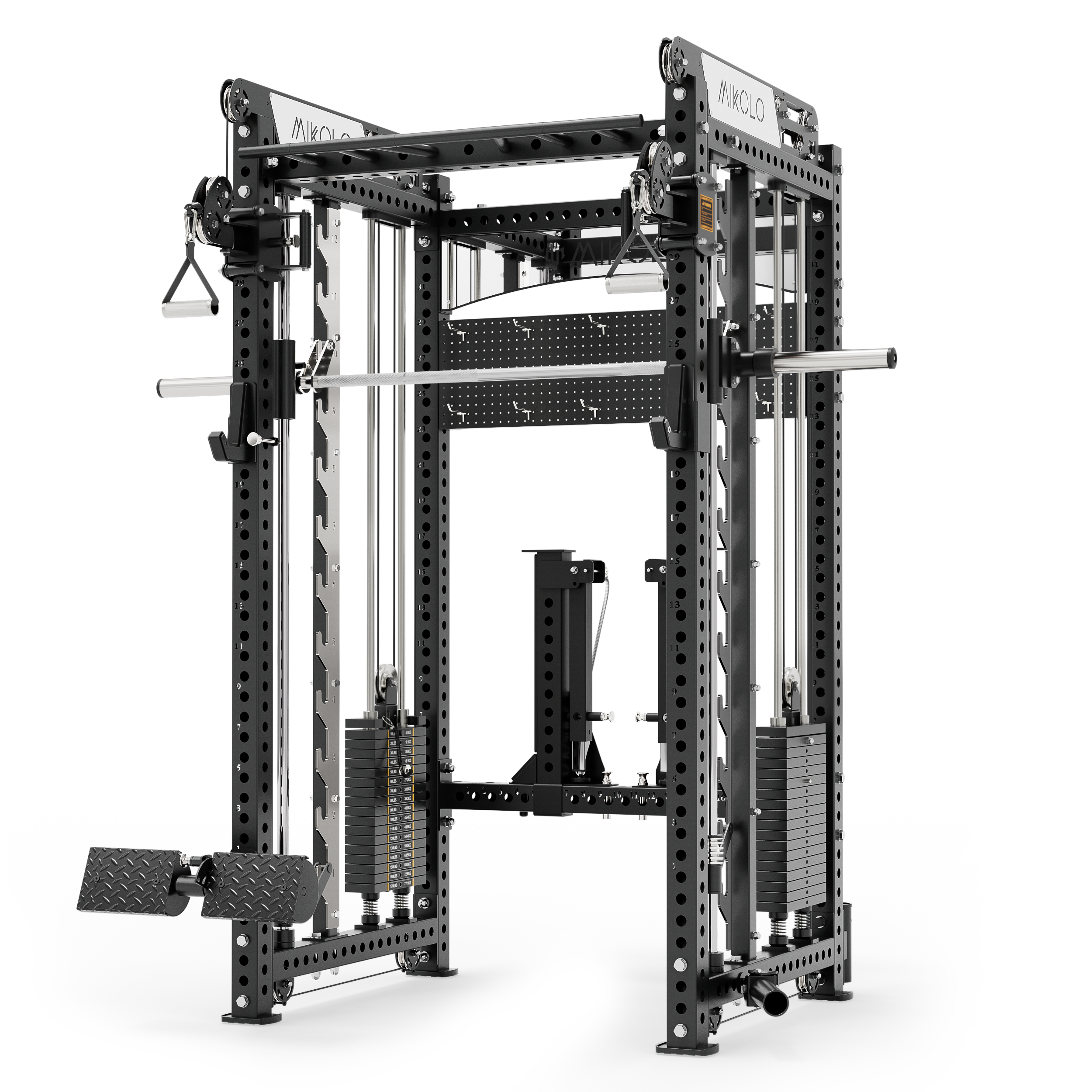
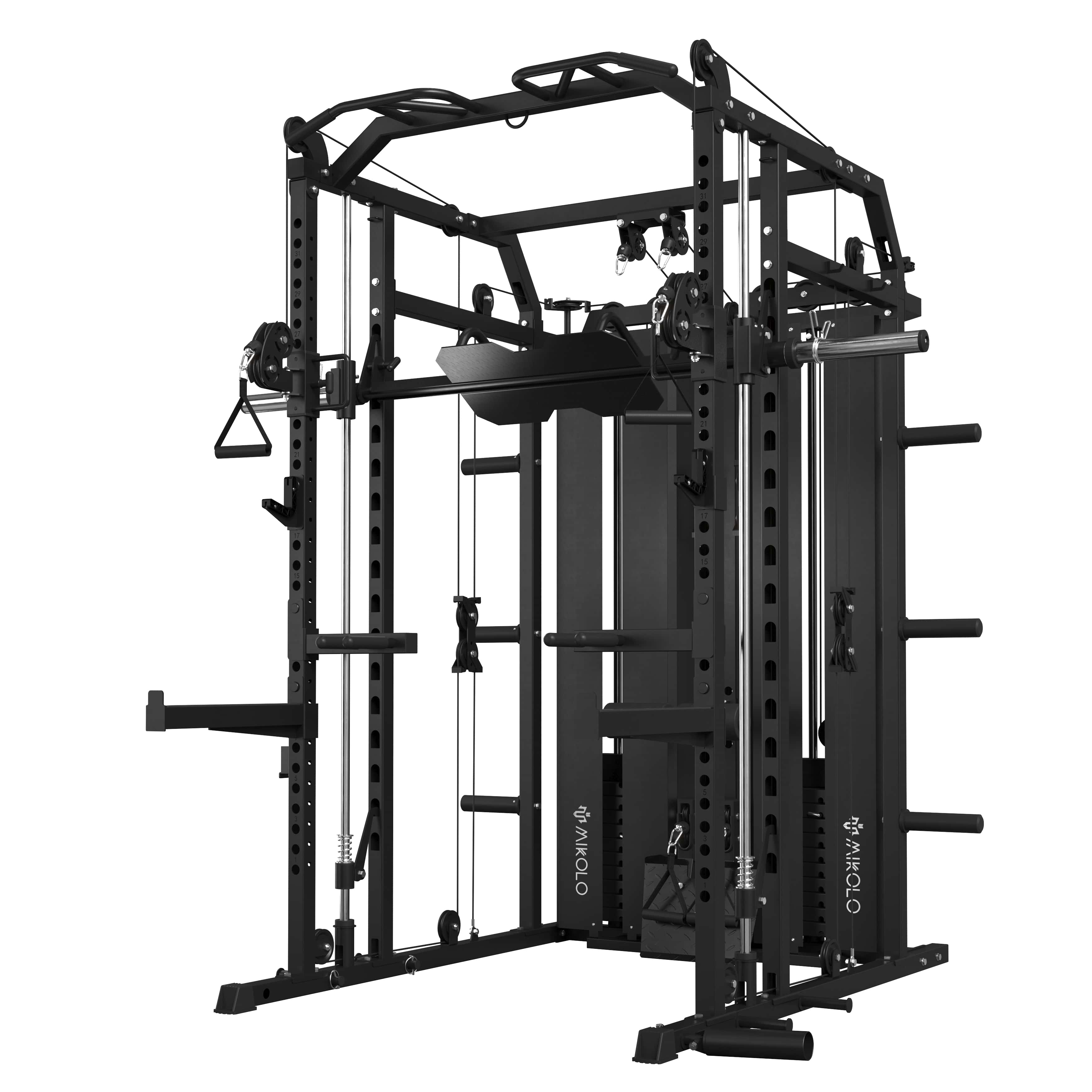
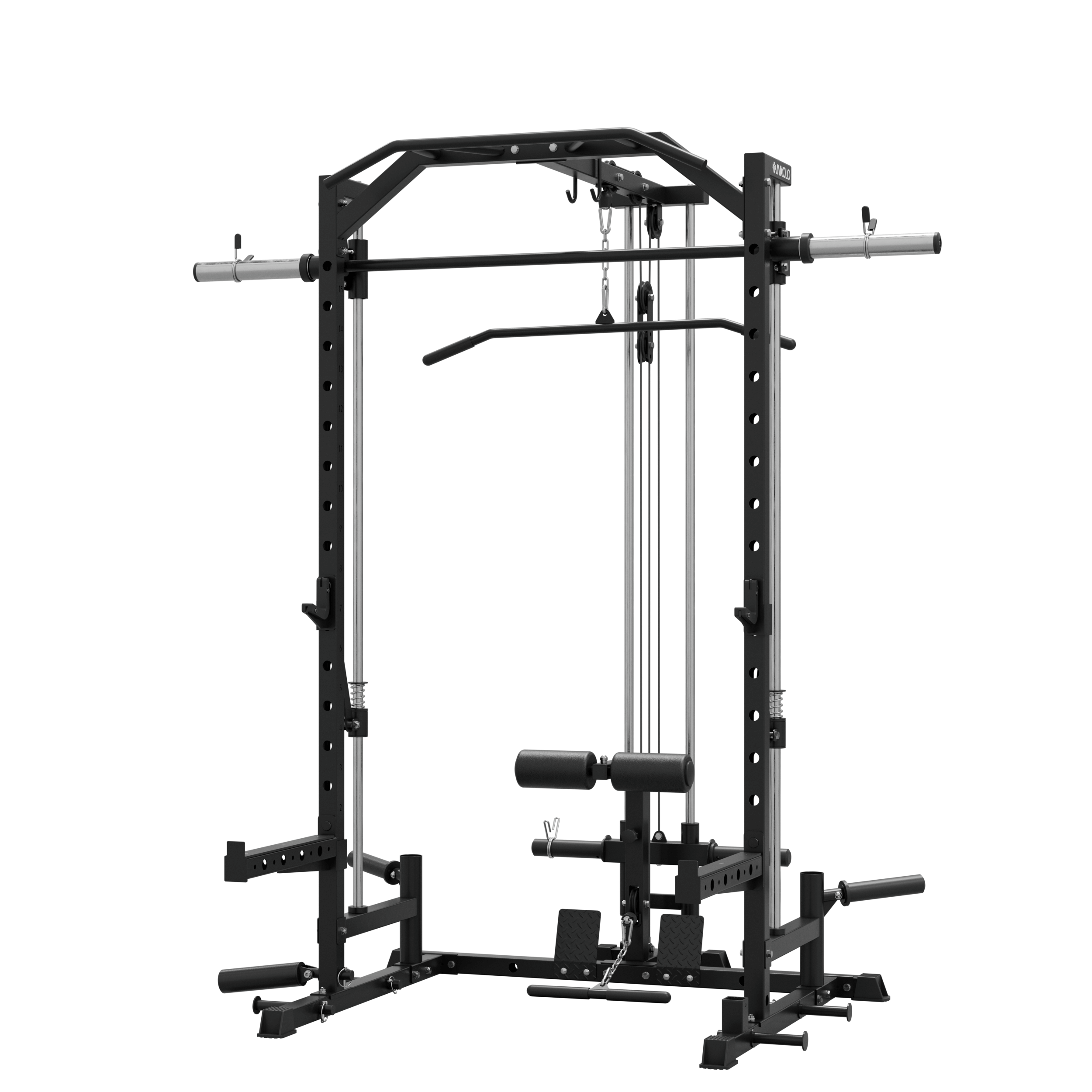
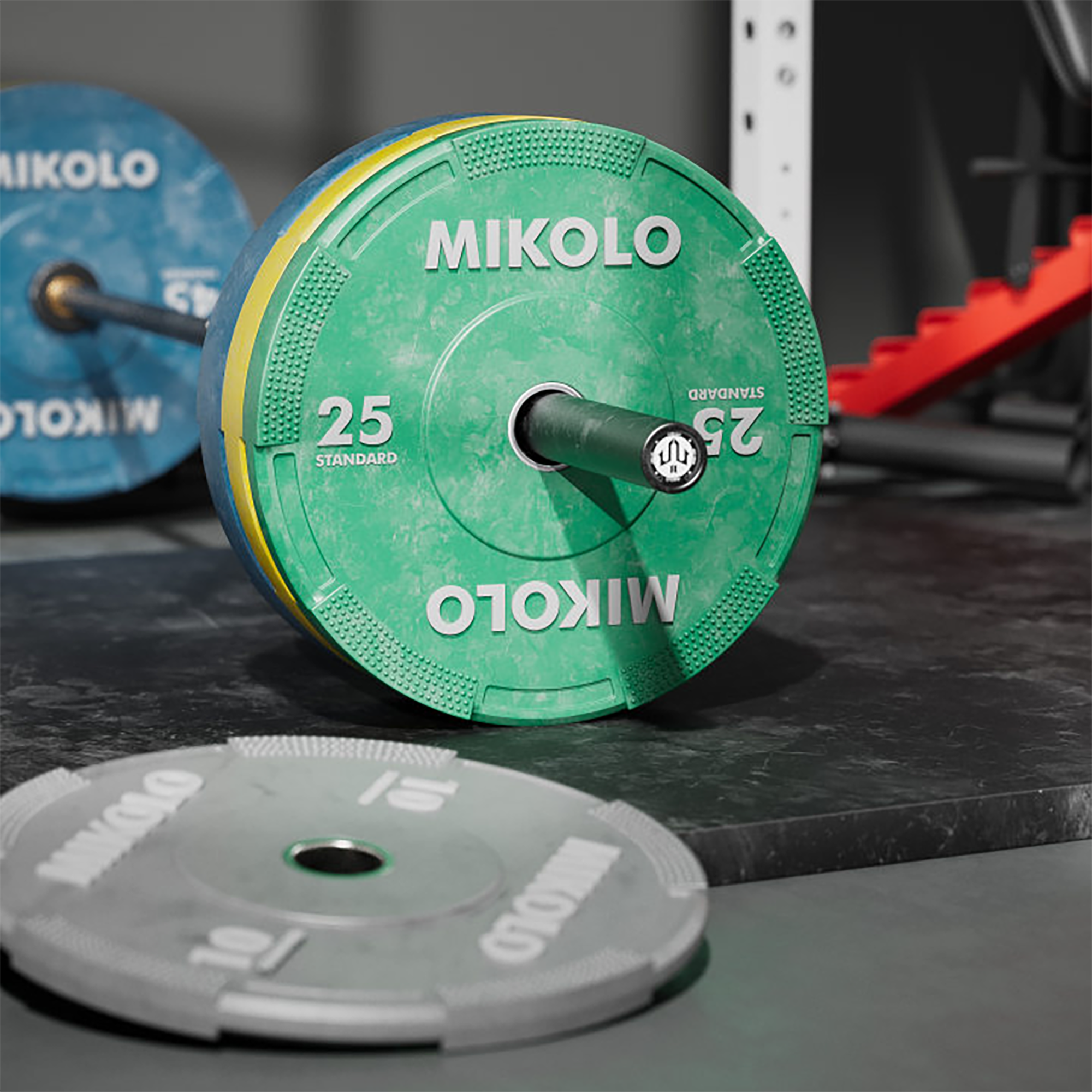


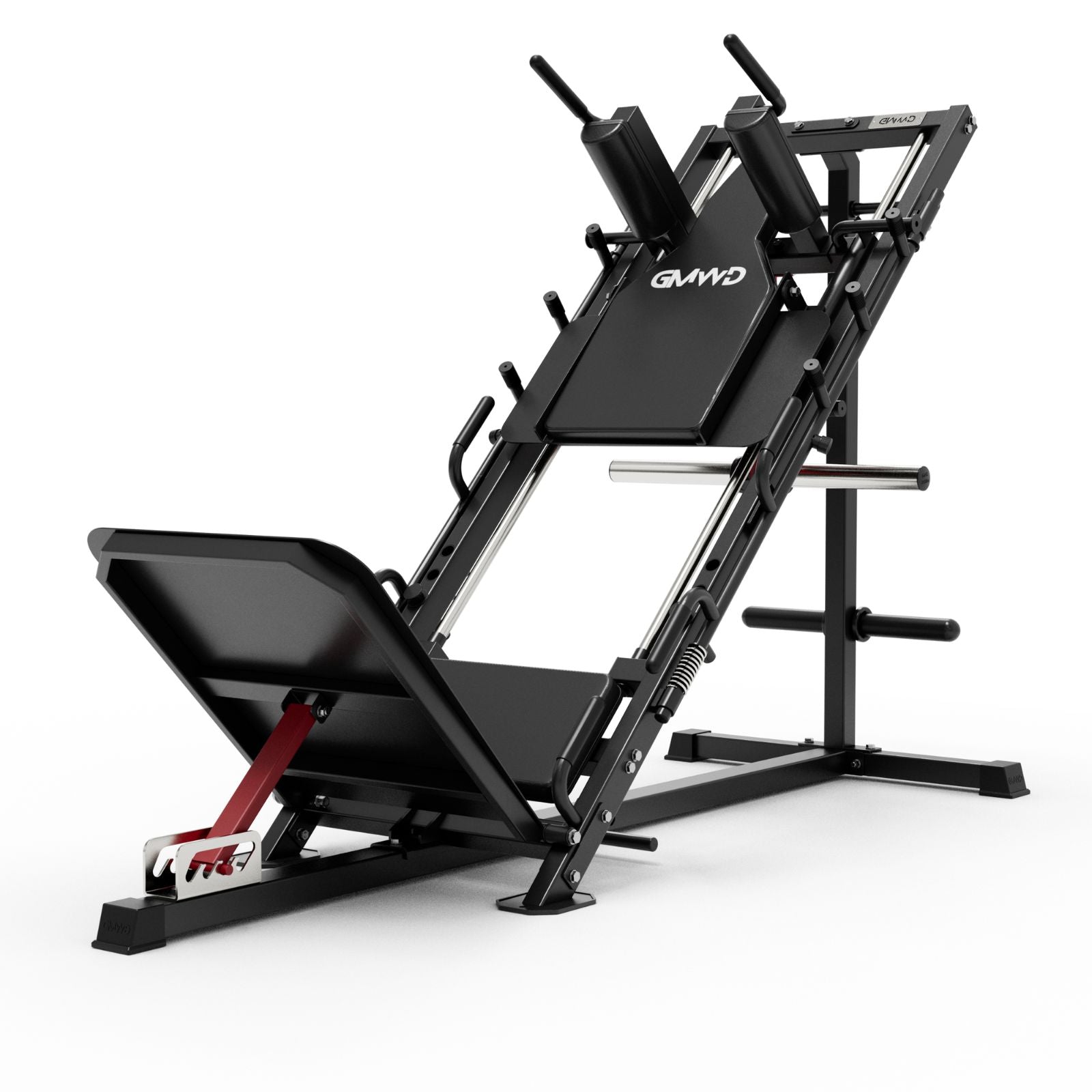


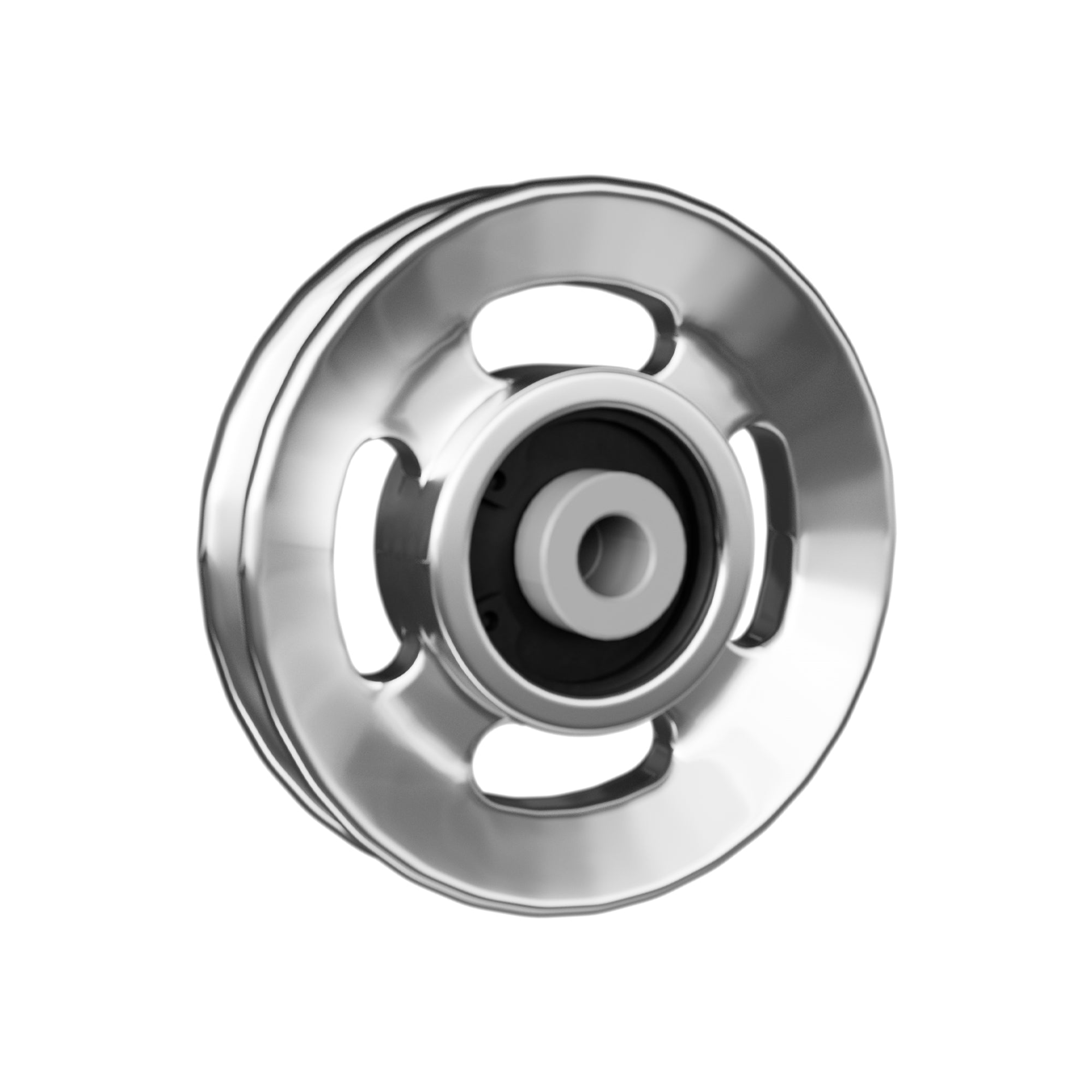
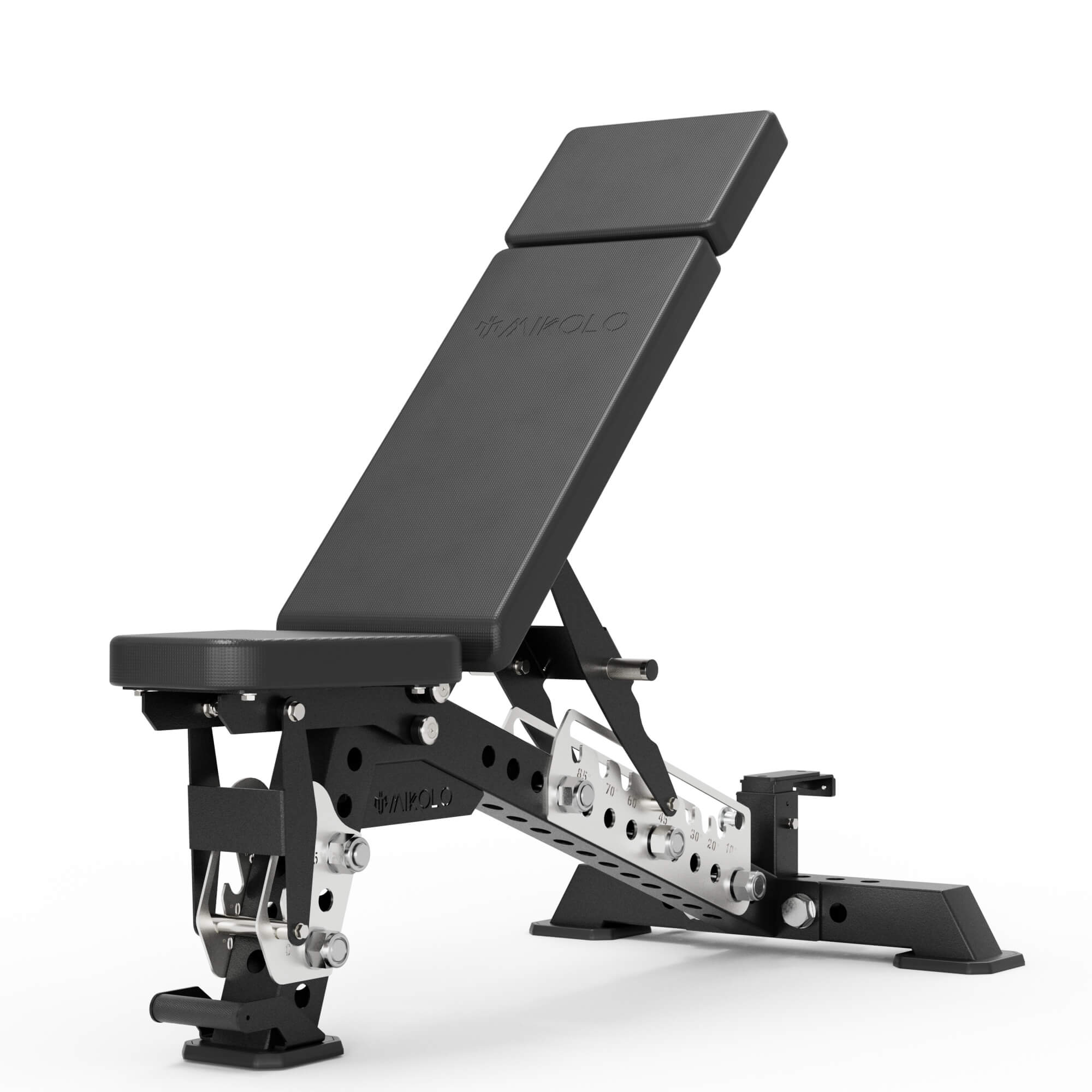
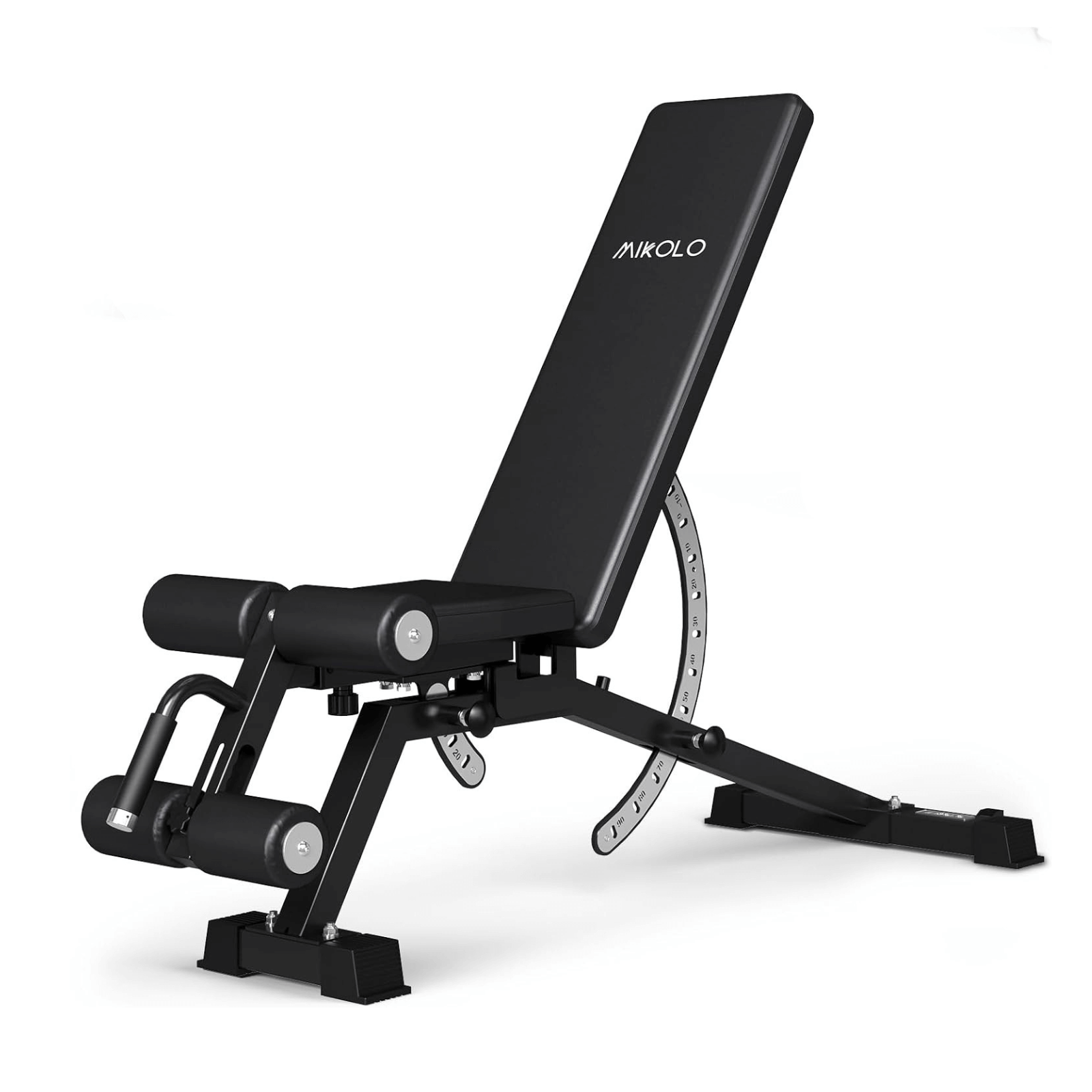



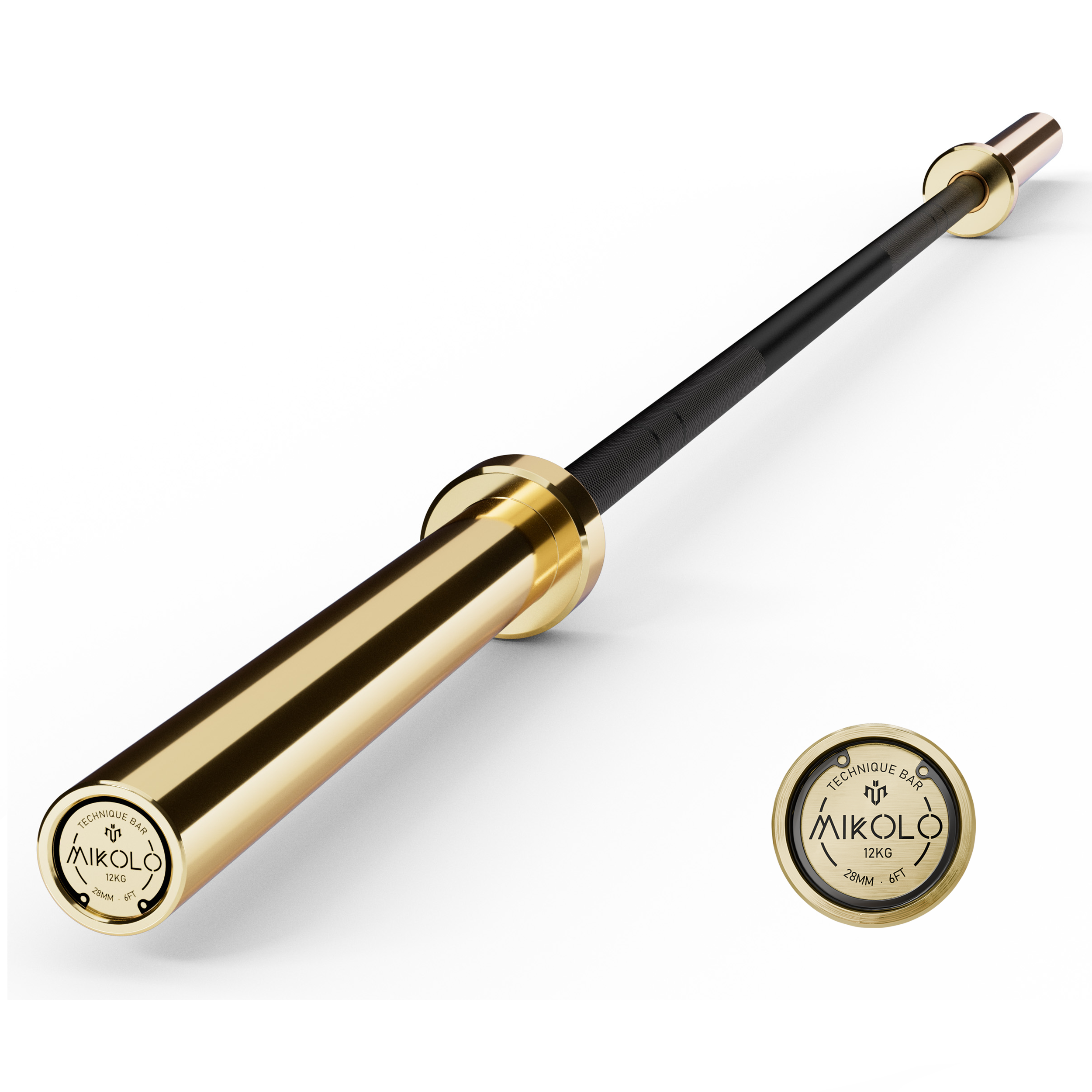
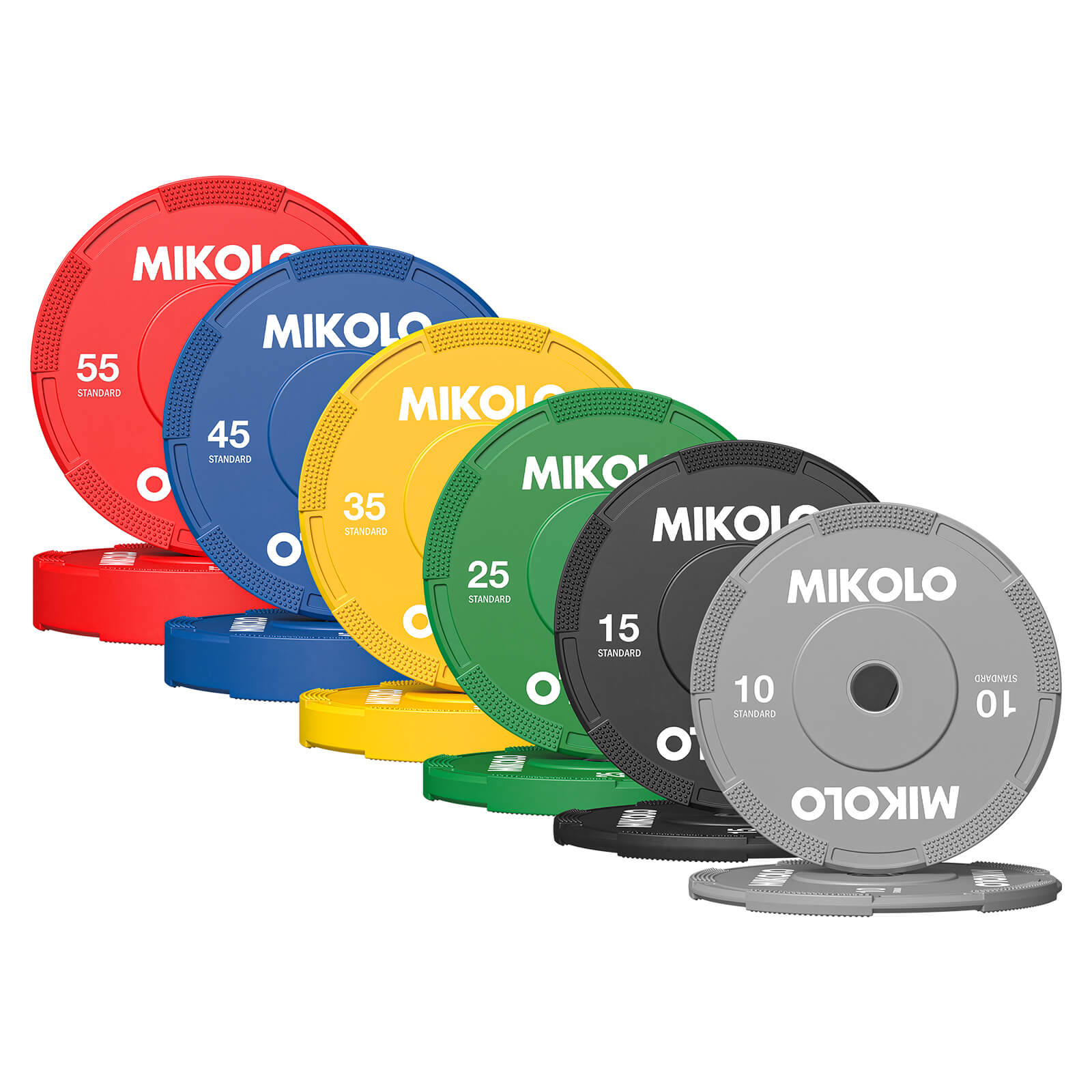

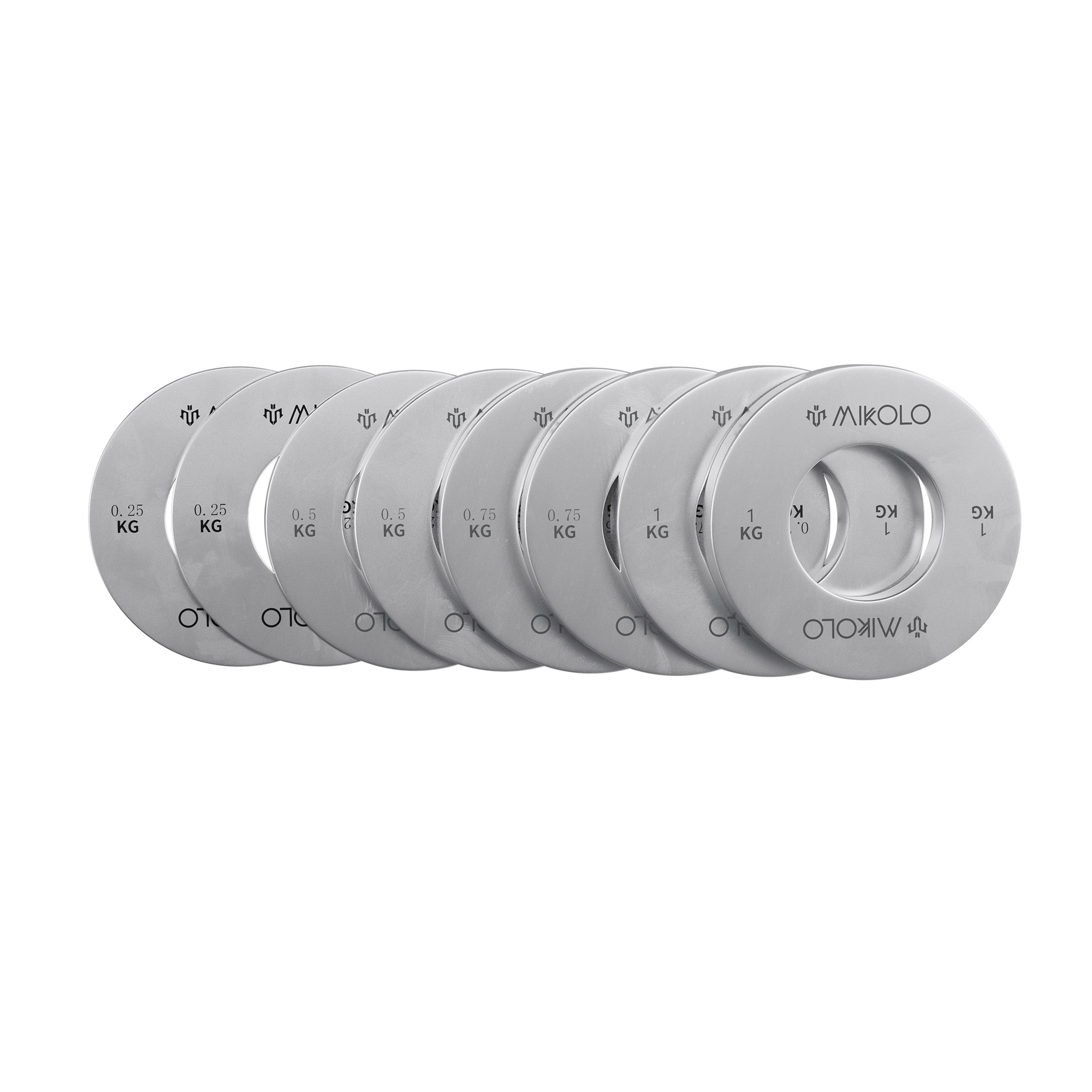

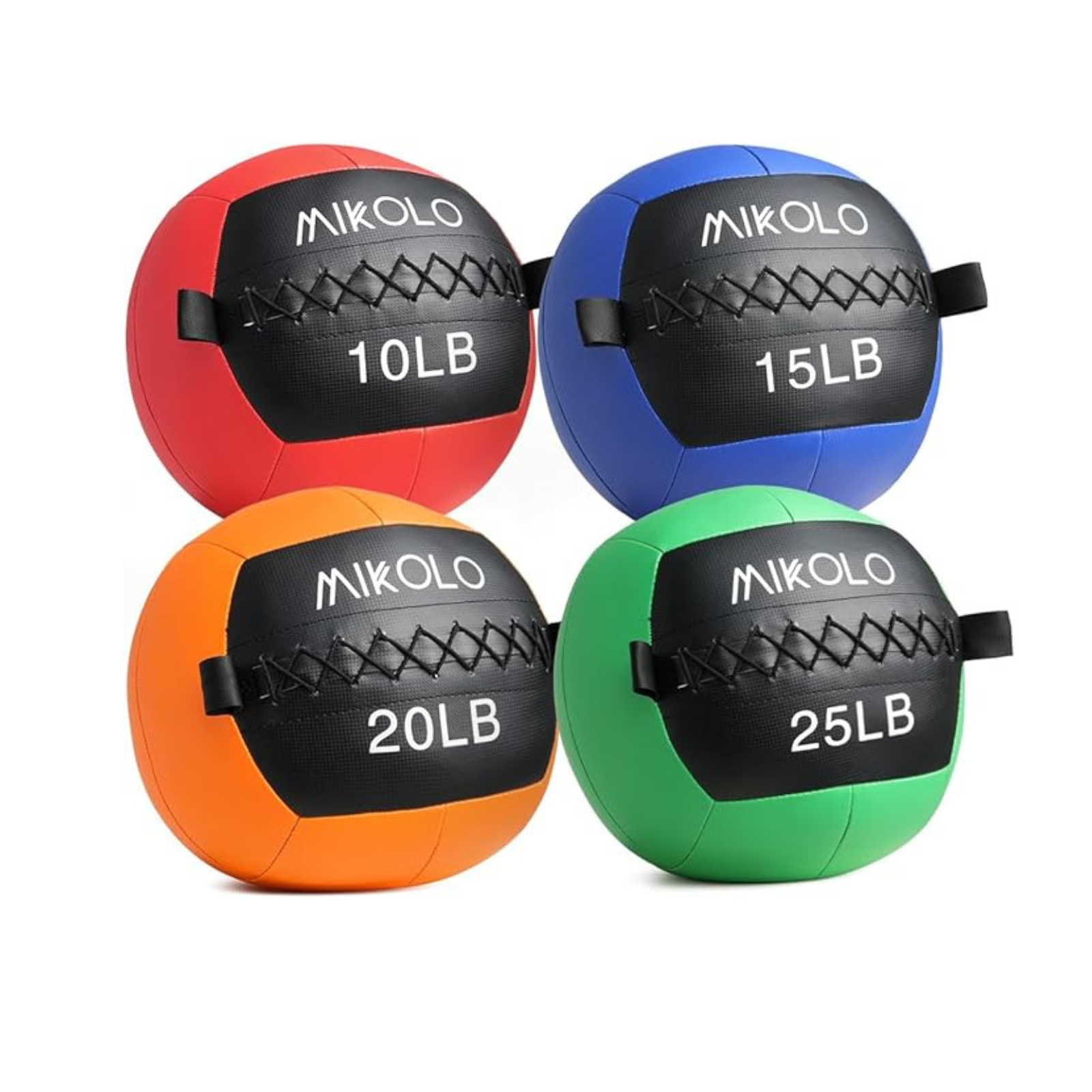
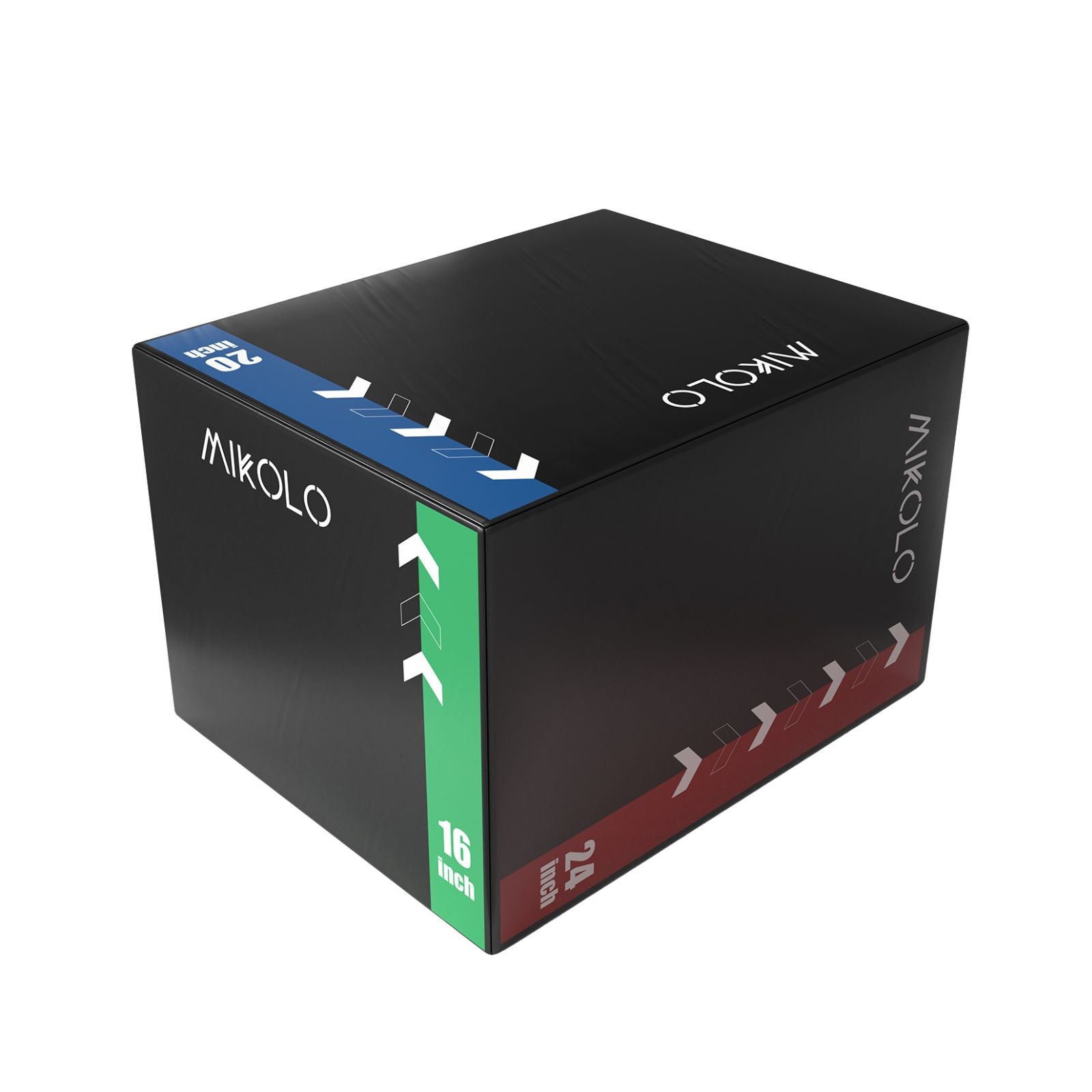






Leave a comment
This site is protected by hCaptcha and the hCaptcha Privacy Policy and Terms of Service apply.